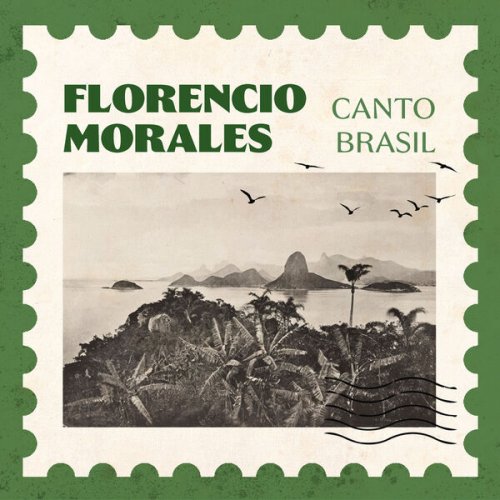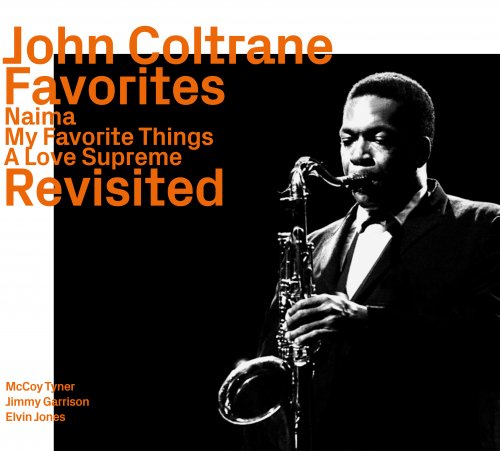Ton Koopman & Amsterdam Baroque Orchestra & Choir - Opera Omnia XIX: Vocal Works 9 (2014)
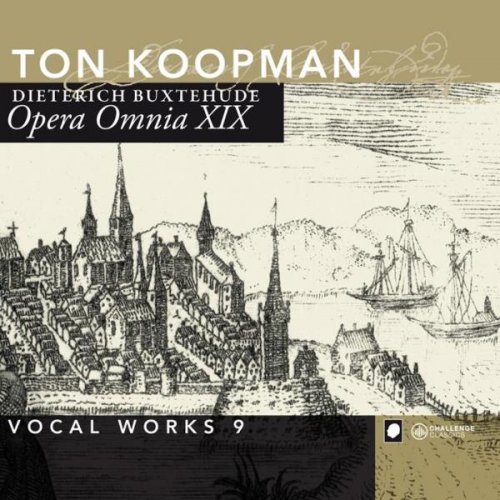
Artist: Ton Koopman, Amsterdam Baroque Orchestra
Title: Opera Omnia XIX: Vocal Works 9
Year Of Release: 2014
Label: Challenge Classics
Genre: Classical
Quality: FLAC (image + .cue, log, artwork)
Total Time: 01:19:01
Total Size: 400 MB
WebSite: Album Preview
Tracklist:Title: Opera Omnia XIX: Vocal Works 9
Year Of Release: 2014
Label: Challenge Classics
Genre: Classical
Quality: FLAC (image + .cue, log, artwork)
Total Time: 01:19:01
Total Size: 400 MB
WebSite: Album Preview
01 Was frag’ ich nach der Welt BuxWV 104 08:49
02 Salve Jesu BuxWV 94 09:12
03 Welt, packe dich BuxWV 106 07:39
04 Was mich auf dieser Welt betrübt BuxWV 105 04:36
05 Pange lingua gloriosi BuxWV 91 07:30
06 Accedite gentes, accurrite populi BuxWV 1
07 Fürchtet euch nicht, siehe ich verkündige euch große Freude BuxWV 30 08:11
08 Ich habe Lust abzuscheiden BuxWV 46 11:06
09 Schaffe in mir Gott, ein rein Herz BuxWV 95 05:12
10 O dulcis Jesu, o amor cordis mei BuxWV 83 10:10
The principal venue for the performance of Dieterich Buxtehude’s vocal music was not the regular Lutheran worship service on the Sundays and feast days of the ecclesiastical year but the series of evening concerts presented at St. Mary’s Church in Lübeck yearly on the five Sundays after St. Martin’s Day (November 11). This annual series of “Abendmusiken” took place from 4 to 5 o’clock immediately following the afternoon vesper’s service. The vocal music performed during the regular services under the direction of the cantor generally followed the structure of the liturgy and the seasons of the ecclesiastical year. In contrast, the programs of the Abendmusiken were in no way restricted to any liturgical requirements and, therefore, could add a new dimension to the spiritual function of sacred music. Buxtehude used to exercise a free hand in this regard and chose for his compositions in the form of arias, concertos, and cantatas texts from a variety of origins including biblical texts, medieval lyrics, church hymns, and modern poetry in both German and Latin languages. As the recorded pieces of the present album indicate, they reflect a wide-ranging repertoire of different types. The majority of texts feature psalm texts, general themes of Christian theology, and even include topics. excluded from the Lutheran canon of texts such as the Corpus Christi hymn by St. Thomas Aquinas, “Pange lingua gloriosi corporis mysterium” (BuxWV 91). Of particular prominence are devotional and mystic poetic texts that relate to the Pietist movement of the later 17th century. Its emphasis on individualism made religion and the love of Jesus more an affair of the heart and of life rather than of the intellect.
In general, the audience of the Abendmusiken was exposed to a broad spectrum of edifying spiritual texts set in great variety of musical forms and styles. The compositions of this CD album are representative of Buxtehude’s interest in responding to the needs and desires of his listeners as well as his true mastership in developing innovative approaches to sacred music and in shaping and consolidating new genres and types of vocal composition.
In general, the audience of the Abendmusiken was exposed to a broad spectrum of edifying spiritual texts set in great variety of musical forms and styles. The compositions of this CD album are representative of Buxtehude’s interest in responding to the needs and desires of his listeners as well as his true mastership in developing innovative approaches to sacred music and in shaping and consolidating new genres and types of vocal composition.
Related Releases:
![Louis Billette - Lux II (2026) [Hi-Res] Louis Billette - Lux II (2026) [Hi-Res]](https://img.israbox.com/img/2026-03/02/mruoenouefcb2wvik5oje90ha.jpg)

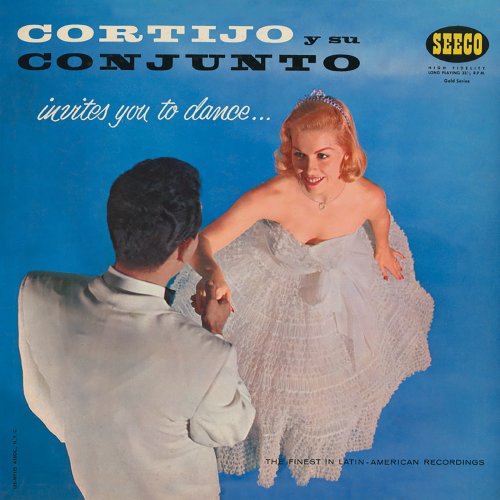
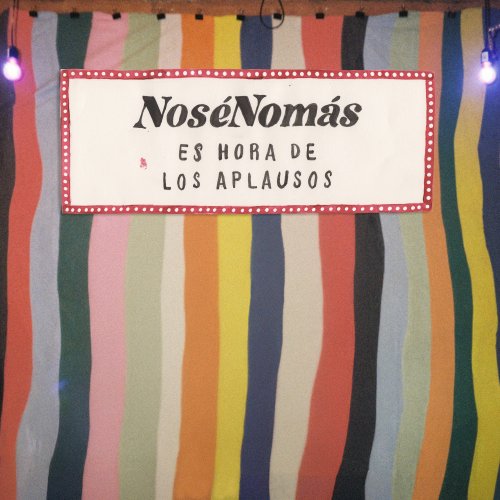
![The Boss Ensemble - Circuits Hybrides (2019) [Hi-Res] The Boss Ensemble - Circuits Hybrides (2019) [Hi-Res]](https://www.dibpic.com/uploads/posts/2019-11/1574517391_folder.jpg)

![The Cosmic Tones Research Trio - Live at Public Records (Live) (2026) [Hi-Res] The Cosmic Tones Research Trio - Live at Public Records (Live) (2026) [Hi-Res]](https://img.israbox.com/img/2026-03/04/485z12vap32l1wvonjqhl0gyw.jpg)
